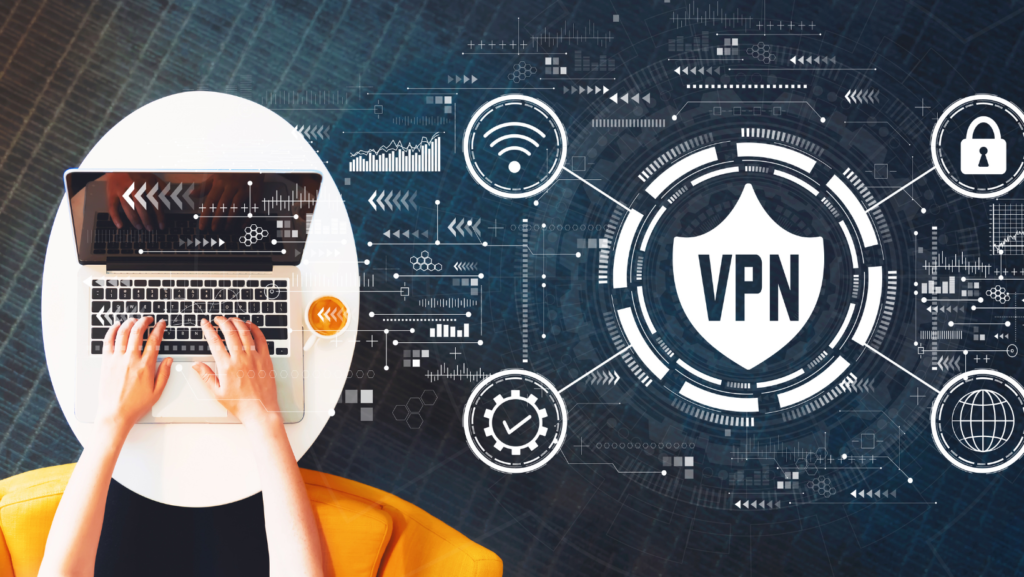Virtual Private Networks, or VPNs, are a type of internet security service that encrypts your data and hides your online activity. They create a secure, encrypted tunnel between your device and the server you are connecting to. This makes it more difficult for hackers, ISPs, or anyone else to see what you’re doing online. Furthermore, they can mask your IP address, making it appear as though you’re browsing from a different location.
How Do Virtual Private Networks Work?
Virtual Private Networks operate by routing your internet traffic through a secure, encrypted tunnel to a server located elsewhere. This process masks your IP address and ensures that your online activities remain private. When you connect to a VPN, it appears as if your internet traffic is coming from the VPN server, not your actual location. This can help you bypass geographical restrictions on content and enhance your privacy while using the internet.
VPN and Your Privacy
One of the main reasons people use Virtual Private Networks is to protect their privacy online. As our lives become increasingly digitized, maintaining privacy on the internet has become a significant concern. Without a VPN, your internet service provider (ISP), companies, and potential hackers can easily access your online activities.
However, when you use a Virtual Private Network, your data is encrypted before it leaves your device. This means that even if someone were able to intercept your data, they would not be able to understand it without the encryption key. This level of security helps to ensure that your private information stays private.
Choosing the Right VPN
All Virtual Private Networks aren’t equally secure. When choosing a VPN, consider the provider’s privacy policy, security features, log-keeping practices, and industry reputation. Remember, VPNs improve online privacy but aren’t foolproof. Maintain good internet hygiene with strong passwords, vigilance against phishing, and regular security updates.
A Vital Tool for Digital Privacy
In conclusion, Virtual Private Networks play an essential role in safeguarding online privacy. They protect your data from being intercepted, hide your online activities from prying eyes, and allow you to access content from anywhere in the world. While a VPN is not a cure-all for internet security issues, it is a valuable tool in the fight for digital privacy.

